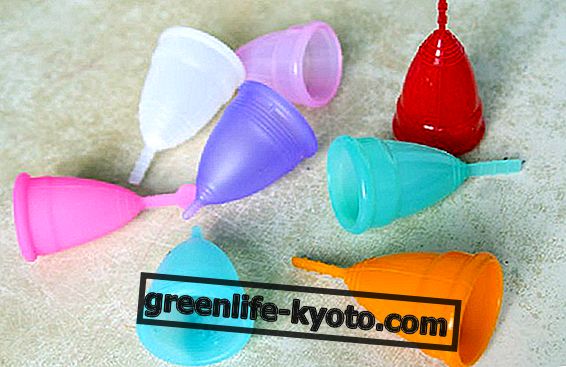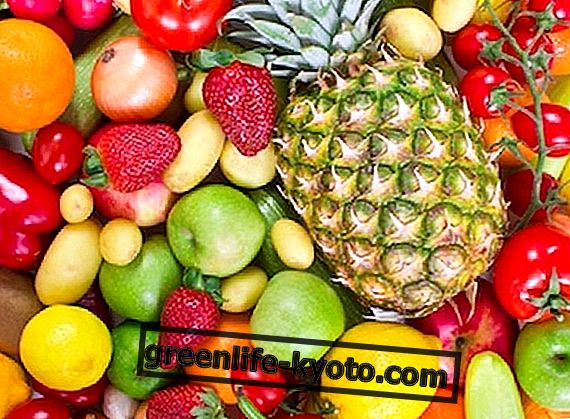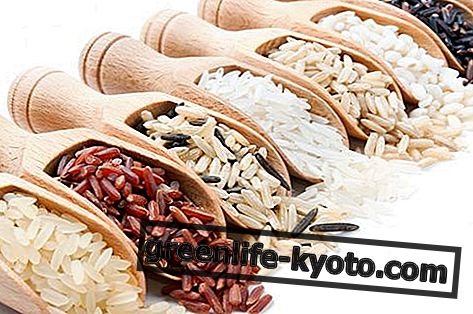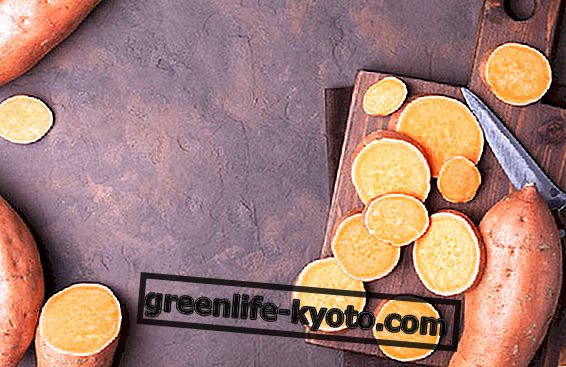
Peas are our allies for a variety of reasons. Also good for children, cholesterol-free and with a good proportion of vegetable proteins. In general, it would be a good idea to introduce legumes into our diet several times a week, gradually getting the body used to their assimilation without ... unpleasant side effects.
On this journey of "approaching legumes ", you can start with peas, for example, for their excellent taste and versatility in the kitchen, but also for their many beneficial properties .
Choose them fresh, preferably, to fully enjoy their nutritional benefits.
Colitis and constipation are very frequent disorders and - whoever would have said - just the peas can help us. Peas new allies against colitis and constipation? Let's see it together.
Peas, allies against colitis
Legumes are always very scary in case of colitis.
Let's make a distinction: what causes flatulence and aggravates the symptoms of acute colitis is the skin of legumes .
For this reason it is advisable to cook peas - and legumes in general - together with sodium bicarbonate or Kombu algae, which make the skins softer and therefore easier to digest. In this way our intestine will have a lower work load "to dispose of".
Against flatulence, harmful in the case of colitis and instead possible in the case of consuming legumes, it is also advisable to prefer the decorticated qualities, with a peel much easier to assimilate.
The pisell i, in the non-acute phase of colitis, there will be allies if we take them in these forms
> Green peas , which contain a lot of water and have a better digestible skin.
> Fresh peas harvested between April and May : in fact in this period the peas still have a delicate and easy to assimilate shell, which will become more leathery over time. From the end of May to June, the pea pods and skins will become thicker and more fibrous.
> Pea flour - where the peel has been completely ground and "made harmless" - to be added also as a thickener in soups or vegetable sauces
> Pea paste, made of 100% pea flour
Peas, allies against constipation
The consumption of an adequate quantity of vegetable fibers turns into a great ally against the stips i.
In the case of constipation it is always recommended to drink a lot, 1.5-2 liters of water a day, and, especially when taking fiber-rich foods: water will be essential to promote and promote transit .
Specifically, fresh peas contain about 6-7 grams of fiber per 100 grams. It is insoluble fiber, which functions as a "sweeper" for our intestines. Insoluble fiber in fact helps the physical removal of waste and facilitates the cleaning of the intestine just like a comb or a broom.
Consuming peas, rich in fiber, will help against constipation: consequently the chances of inflammation and intestinal infections will decrease.
Also read 5 reasons to include peas in the diet >>












